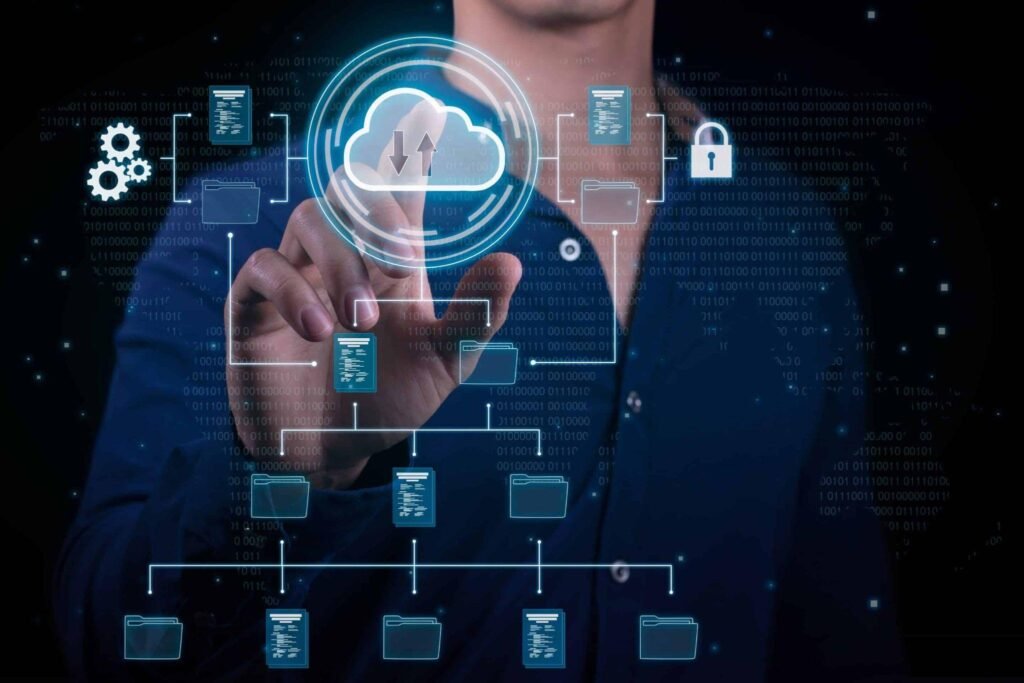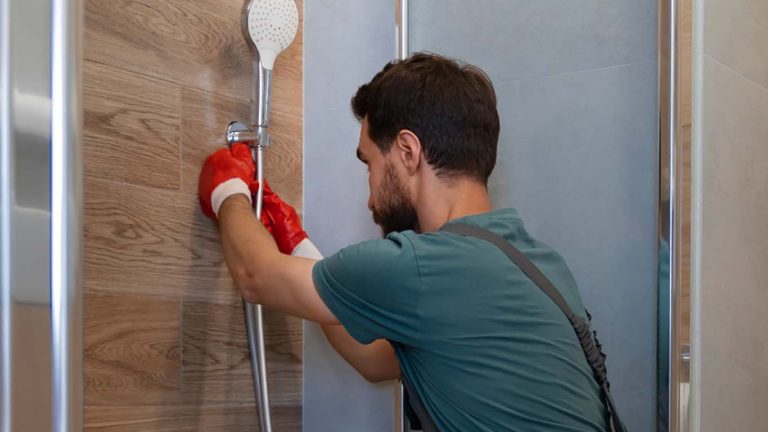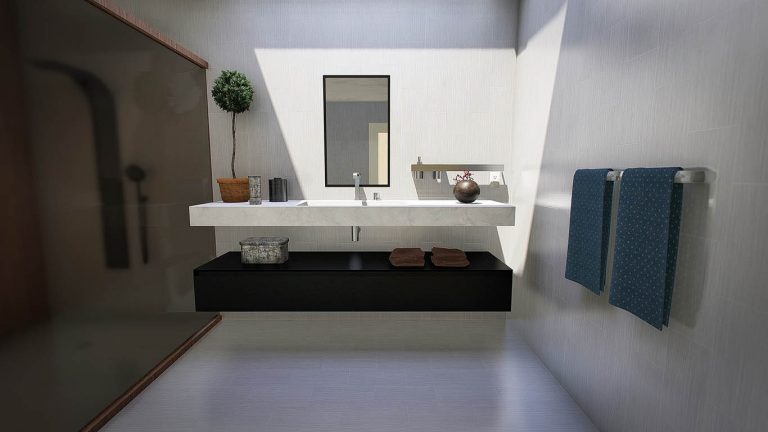Have you ever struggled to get your medical records transferred between doctors?
Or worried about who might access your private health information? These common healthcare headaches might soon be solved with blockchain technology.
The secure digital system behind cryptocurrencies is finding a new purpose in healthcare data sharing. By creating tamper-proof medical records, blockchain could transform how your health information is stored, accessed, and protected.
What Makes Blockchain Perfect for Healthcare?
Blockchain works like a digital ledger that can’t be changed once information is recorded. This makes it ideal for medical records that need to be accurate and secure.
When your doctor adds information to your medical record on a blockchain system, it gets encrypted and linked to previous records. This creates a chain of information that shows a complete history of your health data.
The best part? You control who sees your medical information. With blockchain, you can give permission to different healthcare providers without losing control of your data.
Real Benefits You’ll Notice
Switching to blockchain for medical records isn’t just about fancy technology—it creates real improvements in your healthcare experience:
- No more repeat tests when you visit different doctors
- Faster emergency treatment since doctors can quickly access your history
- Better protection against medical identity theft
- Easier sharing between specialists working on your case
A 2023 study by the Journal of Medical Internet Research found that blockchain implementations could reduce healthcare data breaches by up to 73% compared to traditional systems.
Current Applications in Healthcare
Blockchain isn’t just theoretical anymore—it’s already being tested in real healthcare settings.
| Project | Function | Results |
| MedRec | Patient-controlled record access | 67% improvement in information accuracy |
| Guardtime | Securing 1 million Estonian health records | Zero data breaches since implementation |
Estonia’s nationwide implementation stands out as particularly successful. Since 2016, the country has used blockchain to secure all healthcare records for its citizens, creating a system where records cannot be altered without detection.
How Blockchain Authentication Actually Works
When you visit your doctor, here’s how a blockchain system would handle your information:
- Your doctor enters new information about your visit
- This creates a new “block” of data
- The block gets verified by multiple computers in the network
- Once verified, it’s added to your chain of medical records
- You receive a notification that your records were updated
This process happens within seconds, letting both you and your healthcare providers trust that the information is accurate and hasn’t been tampered with.

Challenges That Need Solving
While blockchain holds promise, some hurdles still exist before widespread adoption:
Technical infrastructure remains a challenge for many healthcare facilities, especially smaller practices. The computing power needed for blockchain systems can be substantial.
Standardization across healthcare systems is another obstacle. For blockchain to work effectively, medical records need consistent formatting and terminology.
“The biggest challenge isn’t the technology itself—it’s getting healthcare systems to adopt new approaches to data management,” explains Dr. Maria Hernandez, medical informatics researcher at Stanford University.
What This Means for Your Privacy
Your medical privacy gets stronger with blockchain. Unlike traditional record systems where administrators have widespread access, blockchain restricts who can view your information and tracks every access attempt.
This means you’ll have:
- Clear records of who viewed your medical data
- Better protection against unauthorized access
- More control over your personal health information
The Future of Medical Record Authentication
As blockchain technology matures, we can expect more healthcare organizations to adopt these systems.
By 2026, experts predict that 35% of major hospital networks will implement some form of blockchain authentication.
The technology also supports telemedicine expansion, allowing secure sharing of healthcare data across distances. This could be especially valuable for patients in rural areas who need specialist care.
Healthcare data sharing through blockchain creates a more connected medical system while keeping your information secure.
While challenges remain, the potential benefits for both patients and providers make this a promising direction for the future of medical records.




